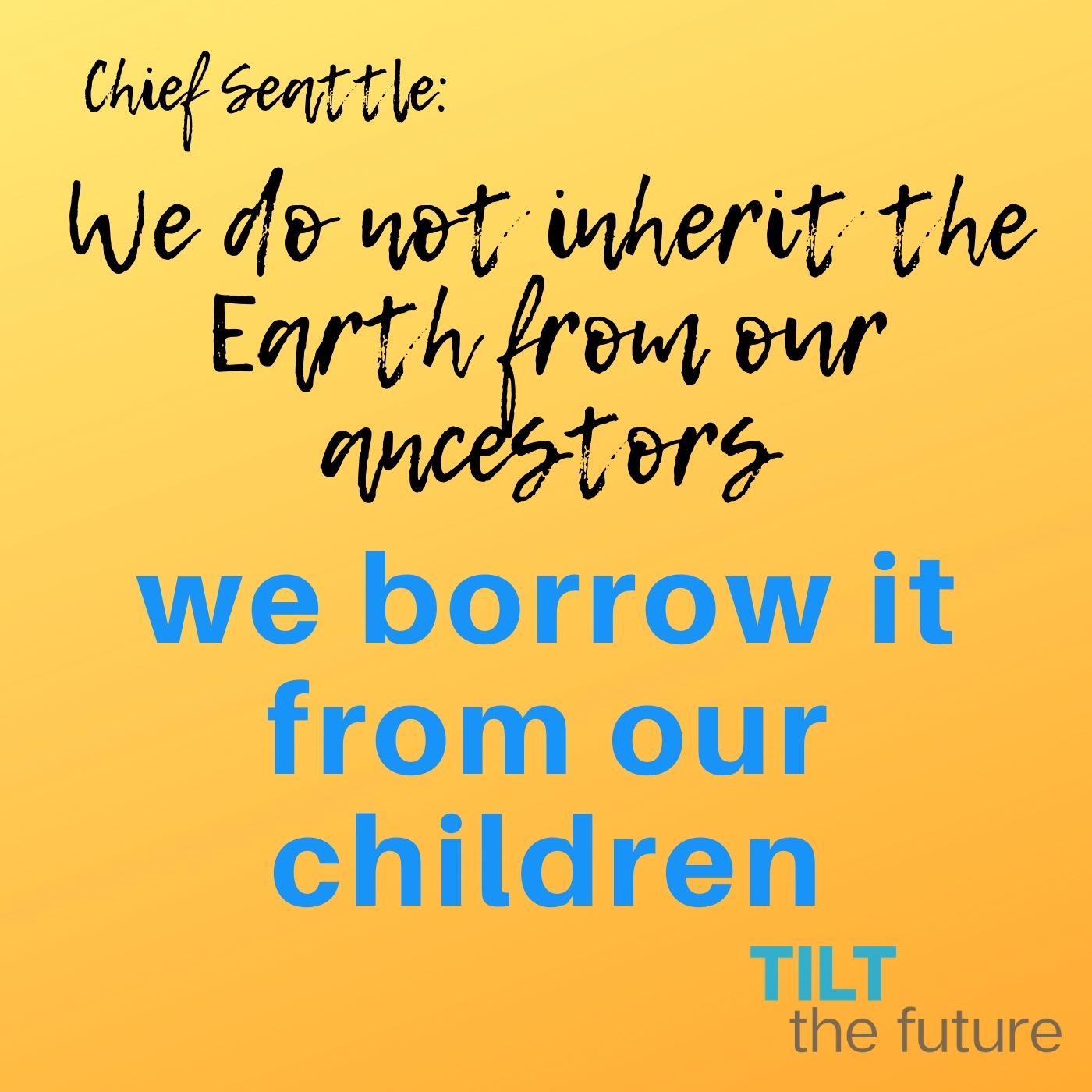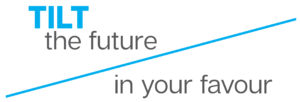
23 Sep We borrow this Earth
Maya: Hey Karena! Mind if I join you? You look a little perturbed. What’s up?
Karena: Sure, Maya. I could use the pleasant company! I’m contemplating a mental conundrum:
What “better” world were we trying to create for our children
that we gave away what was beautiful and free?
And how did we go from abundance to scare and scarcity in the space of my lifetime?
Maya: Here. Let’s take this slower! Help me catch up.
Karena: Well, I was just reading that for the first time it has started raining on the Greenland Ice Sheet. It’s a bit depressing. That Ice Sheet has been on my places-to-visit list. I wanted to stand on ice that dates from the last Ice Age. Now my mind is looping through all the possible problems once that volume of ice begins to melt.
Maya: How is that even happening?
Karena: It appears the Gulf Stream has been shifting this past year. You know the heat dome we saw over the Seattle/Vancouver area this year when temperatures hit 49.6C/121.2F and a town literally went up in flames? And the monsoon-like rain that caused the flooding in Belgium and Germany? It’s pushing weather into zones where we hadn’t expected it. I mean, everywhere we look, there has been an “extreme weather event” this year.
You know me! With my futurism hat on, I say “One is an outlier, two is a cluster, three is a trend.” So now I am in “full panic”!
We used to think we had until 2050 to steer away from mankind’s self-destruction. But now it seems like we are accelerating into it.
All this volatility indicates a catastrophic shift. The complex systems of ocean currents, atmosphere and bio-diversity, delicately intertwined and balanced on top of each other like a stacked set of cups and saucers, are wobbling dangerously. I fear we are already at the tipping point.
Maya: But surely we have time to fix this! Aren’t our global commitments and our technological innovation getting us anywhere?
Karena: I live in hope – and the fact that in this mix of 7.5 billion people, someone, somewhere is going to come up with a great solution.
You know, I’ve been so busy explaining to young adults how to position their mindset so they can shift out of the industrial era into a new way to work. The Future of Work is going to have a ripple effect on everything – education, society, politics and so much more.
Like you and so many others, I figured they’d have enough time to deal with the complexity of climate change after that. But now, both are going to collide on top of each other, with the pandemic adding into the mix. It’s a powder keg just waiting to explode. And that is what concerns me.
We adults were supposed to make the world a better, safer place for the generations that follow – one that would be easier for them to navigate. Now they are going to be frantically paddling upstream from the edge of a steep waterfall, on a raft rather than a craft. I know we had good intentions, but as a parent, I cannot get over this feeling that I am failing them.
I see an unhappy correlation between the fact that while we have the hottest ever summers on record, we are also seeing the hottest financial markets. This summer the Dow has set records, and “global wealth in 2020 grew by 7.4% to $4.31 trillion” (Global Wealth Report 2021, Credit Suisse). We now have multiple global companies valued in the trillions. India, for example, has seen an eight-fold increase in wealth between 2000 and 2020.
So we’re succeeding at making a “better world” if better is more productivity, new technologies and pure wealth creation. There is another whole discussion on what happens when 7.5 billion people rise out of poverty and into the middle class, but we can discuss that later.
Meantime, these young adults may be looking at a world where they are drowning in water, but have none to drink. It worries me. How did we trade away the world’s natural assets for a growing pile of paper? To paraphrase that Cree saying:
“When the last tree is cut, the last fish is caught,
and the last river is polluted;
when to breathe the air is sickening,
you will realize, too late, that wealth is not in bank accounts
and that you can’t eat money.”
Now I’m not a Luddite. But I wonder where we can find the balance to have both? Any ideas?
Maya: This was a little bit of a brain detour for me frankly! I wasn’t expecting such an intense topic. But it does get my wheels turning.
It reminds me of that Chief Seattle quote:
“We don’t inherit the earth from our ancestors. We borrow it from our children.”
Karena: The very quote I was searching for! Thanks for sitting down and hearing me out, Maya. I don’t know if we are closer to a solution. But it is good to have a sane conversation. Better than the solo conversation in my head! In her latest book “Saving Us” climate scientist Katharine Hayhoe did say “I’m convinced that (it’s) the single most important thing that anyone … can do … – Talk about it.”
Maya: You know, I’d actually like to do that – talk more about it. I’m looking forward to another discussion on this topic. Meantime, I hope there will be comments left below for us about the chord this conversation struck with our readers. It may help direct how we develop this conversation further.
#MakeTakeTalk: You know what to do!
Thanks to Lisa, Manal and Alexandra Zamora among others for helping me with this complex conversation. Do you want to follow along as we build our conversation for creating hope around this topic?
In the “Climate conversations” series:
Hayhoe, Katharine. Saving Us: A Climate Scientist’s Case for Hope and Healing in a Divided World (p. XI). Atria/One Signal Publishers. Kindle Edition.
Photo by Rodolfo Marques on Unsplash; All Canva designs credit Karena de Souza.



Joann Malone
Posted at 13:47h, 23 SeptemberPowerful! Like the conversation technique to catch attention. What more can we do to wake people UP to these realities!!!!
Karena de Souza
Posted at 08:51h, 04 OctoberWe keep at it, right? When the noise level gets loud enough suddenly others will hear. And there is good work going on all around us. Let’s raise the profile of that work so we all develop hope.
Luis
Posted at 18:00h, 03 OctoberThanks Karena , for keeping the conversation going but it seems we need solutions to the problems we have created and action from those we have elected. Though I don’t under estimate the complexity of the what is required there is popular will for action. Political leaders need to take action now instead of letting our planet drift inevitably into climate crisis.
Karena de Souza
Posted at 08:45h, 04 OctoberI hear you, Luis. I will raise some ideas in the coming weeks. But for some who are just realizing that this is an issue, we need to lead into and engage in conversation.